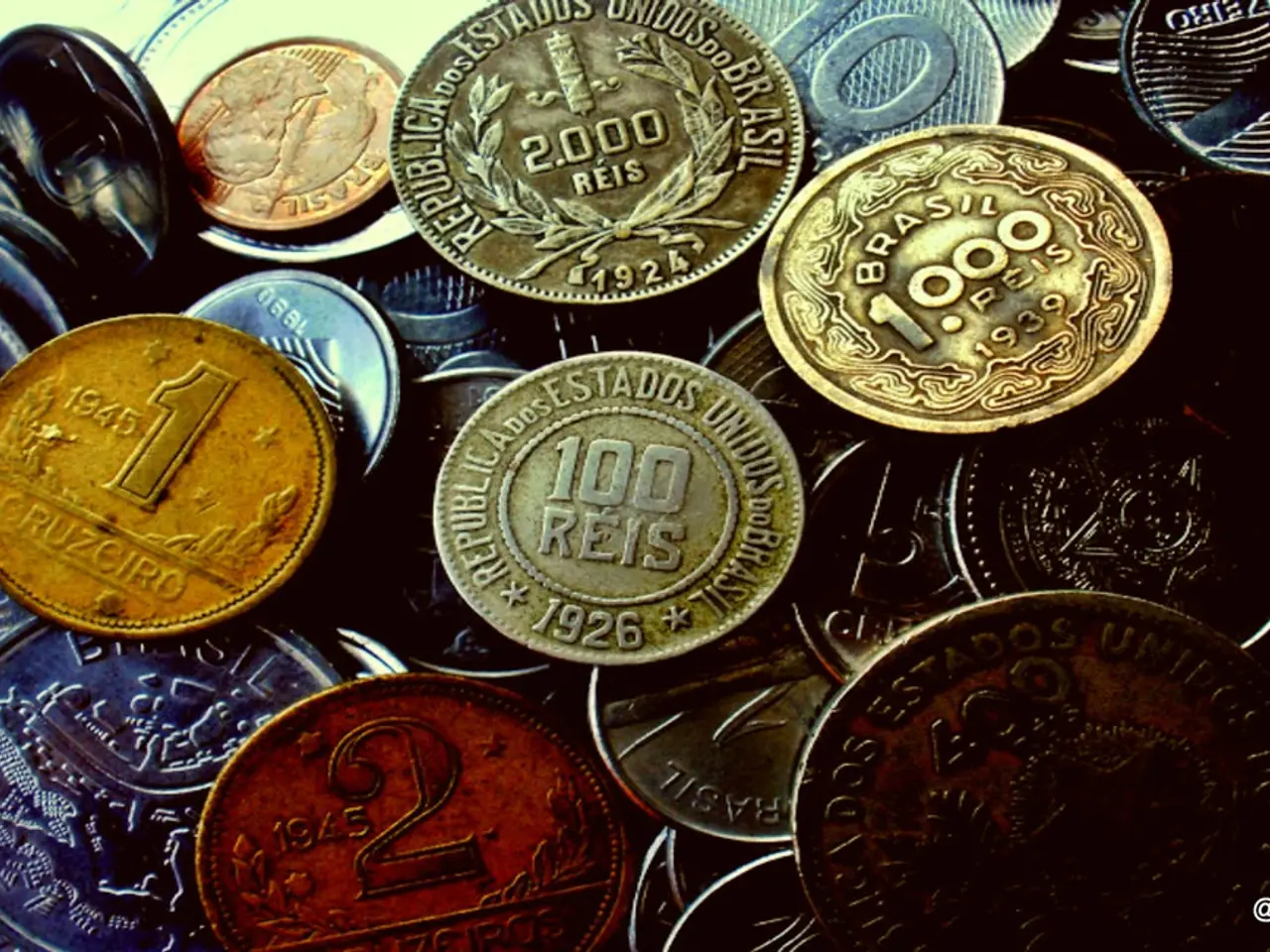Deutsche Bank Moves Towards Stablecoins as Part of Strategic Shift Towards Blockchain Technology
Deutsche Bank, one of the world's leading financial institutions, is delving into the realm of digital currencies and blockchain technology. The bank's digital asset and currency transformation team is evaluating the potential advantages that tokenized deposits could offer for improving payment systems and transaction settlements.
The objective behind this initiative is clear: to enhance efficiency, reduce costs, and create faster processing frameworks. Deutsche Bank believes that stablecoins are nearing mainstream acceptance, in part due to supportive U.S. policy environments for digital innovation.
The bank is considering several roles, including acting as custodians of digital reserves, supporting tokenized settlement layers, or issuing proprietary digital currencies designed for institutional use. This strategic shift is not just a response to competition but an essential foundation for building a more secure, transparent, and agile financial ecosystem.
Deutsche Bank's foray into digital currencies is not a solo endeavour. The bank is involved in Project Agora, a central bank-led venture focused on wholesale tokenized payments. This collaboration includes institutions such as HSBC, BNP Paribas, and other banking giants.
The bank's actions reflect a deeper realignment of priorities in the financial sector. Regulatory evolution, such as the EU's Markets in Crypto-Assets (MiCA) regulation and discussions around new U.S. legislation governing stablecoins, is believed to be accelerating interest from banks.
Deutsche Bank's focus on efficiency, interoperability, and regulatory clarity indicates its readiness for significant changes in how financial value is stored, moved, and managed. The bank has also invested in Partior, a blockchain-based cross-border payments platform, further solidifying its commitment to blockchain-native financial solutions.
Similar activities are taking place in the United States, where some of the largest banks are evaluating a potential joint stablecoin project. The integration of blockchain tools is being seen not merely as a competitive necessity but as an essential foundation for building a more secure, transparent, and agile financial ecosystem.
Through these initiatives, Deutsche Bank aligns itself with a broader movement toward decentralization and digital transformation. These regulatory developments are providing a clearer compliance environment, encouraging more institutions to explore these technologies with reduced risk and greater confidence.
The bank's broadening scope of involvement in blockchain initiatives highlights its willingness to assume different roles in the digital asset value chain. Deutsche Bank's strategic move towards digital currencies and blockchain technology underscores its preparation for a future where tokenized finance becomes a central pillar of global banking operations.
Read also:
- Upcoming iPhone Model: What We Understand Thus Far
- Advantages of Using the Amex Delta Platinum Card: 26 Key Perks
- Supermarket Chain Lidl Collaborates with WWF to Encourage Eco-Friendly Food Consumption, Minimize Food Waste, and Guide People Towards Sustainable Decisions
- Increase in Physician and App Productivity According to Latest Study








